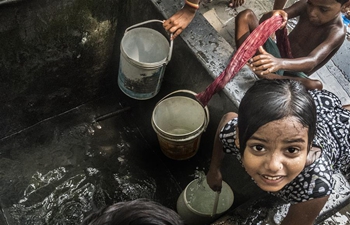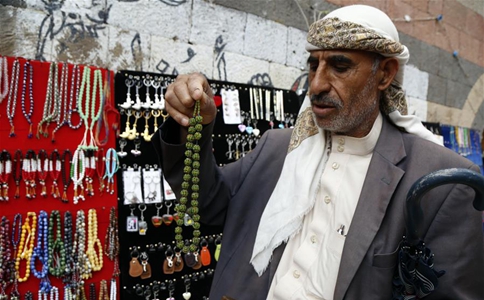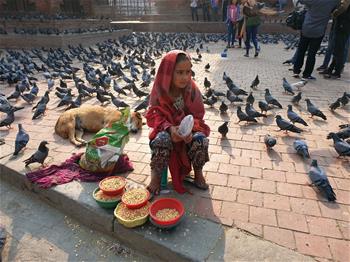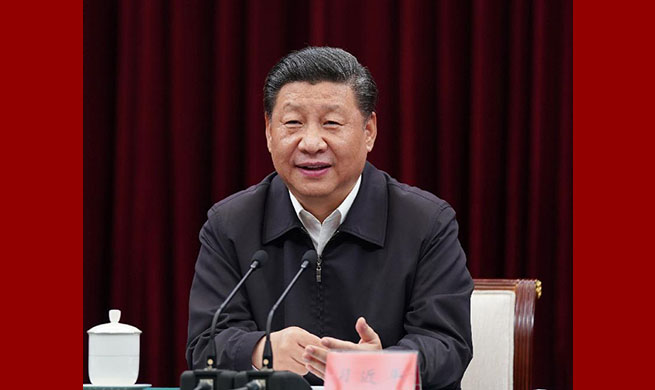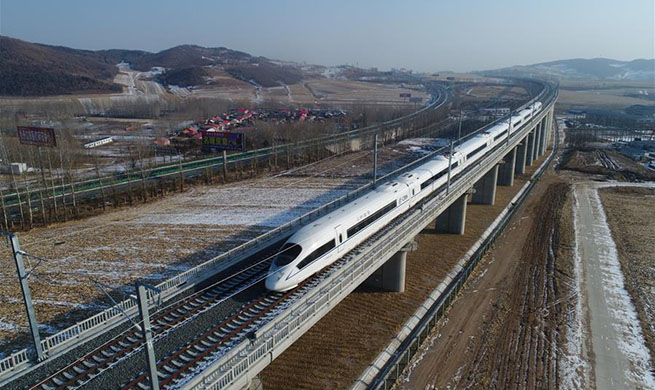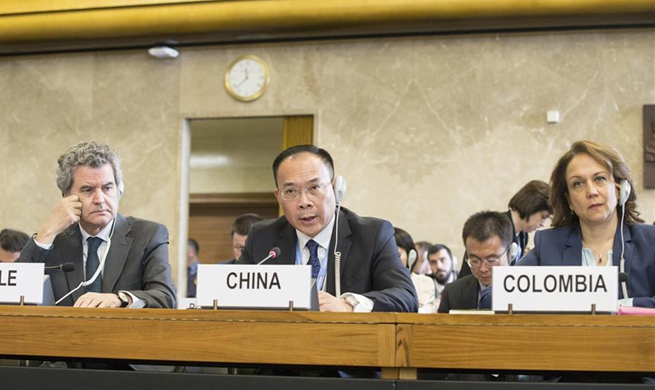BEIJING, May 23 (Xinhua) -- The number of people becoming poor due to illnesses in southwest China's Tibet Autonomous Region has decreased from more than 63,000 in 2016 to around 12,000 as of April 2019, as firm steps are being taken to battle poverty by improving healthcare work, a report showed Thursday.
The healthcare system for the rural and pastoral areas has been improved to cover all the rural and pastoral population in the region, according to the report released at a National Health Commission press conference.
A multi-channel medical security system that combines the healthcare system for rural and pastoral areas and other medical schemes has been put in place in Tibet, it said.
Under the system, the proportion of medical fees that need to be covered by the registered poor people are now more affordable for them, the report noted.
Local authorities launched a specific campaign to help the treatment of poverty-stricken patients and establish a system guarantee for their illnesses' treatment.
A comprehensive survey was conducted in the region to register the poor people who were suffering from serious, chronic diseases or severely ill and more than 90 percent of these patients now have been treated as a result of the campaign, the report said.
Among efforts to boost the healthcare service system capacity building in Tibet, more than 836 million yuan (120 million U.S. dollars) has been spent in renovating and establishing hospitals and clinics since 2016, it added.




